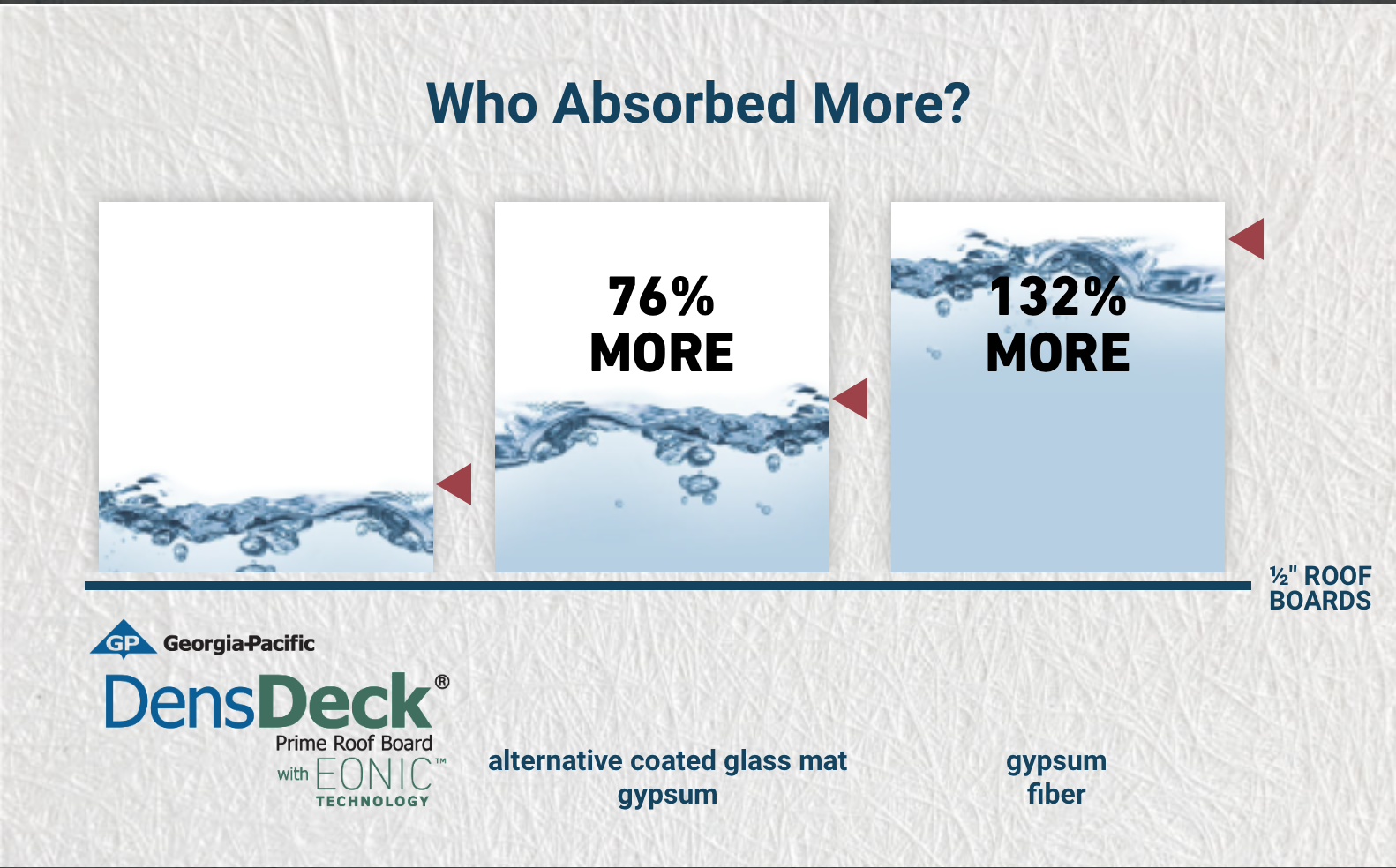


10 minutes: Apply a single layer of sealer may be many years before reapplication is needed.Use this water test again before reapplying. This is why it is advised to seal granite countertops if you want to use them in the kitchen. If you put liquid or water on the surface of granite you will see how quickly the stone absorbs the water. Sealed granite countertops are much less likely to absorb water, however if water is left on your countertop for long periods of time, it can cause a darker. Therefore, any time a cup of coffee or glass of wine is knocked over, the liquid does not have a chance to absorb into the granite, marble, or whichever. But for all its durability, granite does not stand. It is a porous stone by nature, so it acts like a sponge. Granite is nearly impervious to abrasions and stains and its hardness is only second to the diamond. 4-5 minutes: Multiple layers of sealer needed, but only redo every 3-5 years. Granite Absorbs Water Granite is a natural stone.Immediate absorption: Apply a couple layers of sealer annually and wipe spills quickly.Now use this chart to determine how often (if at all!) you need to seal your granite countertop:.Note the time that you placed the water on the counter and time the water to see how long it takes to absorb (the granite will darken).
DOES GRANITE ABSORB WATER HOW TO
For more on how to determine granite countertop sealing need, or to learn about any of our granite, quartz, marble or other solid stone countertops, speak to the staff at Creative Granite & Design today. Perform a simple water test to see if your granite countertops need to be sealed: If water takes over 30 minutes to absorb or does not absorb at all, no sealing is needed. Granite countertops are more porous than quartz countertops, but not all granites are created equal. The real baddies here are hard water stains. Now, simple water stains shouldn’t be much of a problem, since they will evaporate quickly, thus leaving the stone without causing any visual damage. This is sometimes true, but is not always the case. Answer (1 of 2): I see there are two answers so far and they might appear to be contradictory but in fact are not. Another common problem mistaken as staining is moisture that has absorbed into the stone. Water stains happen when an unsealed granite surface absorbs water that’s been sitting on it for too long. Many people are cautious about getting granite countertops because they hear they have more upkeep than quartz countertops or other options. Granite is a non-porous material which means that moisture, dirt, bacteria, soap and smells arent absorbed by the granite they just rest on the surface.


 0 kommentar(er)
0 kommentar(er)
